Chernobyl children need a home
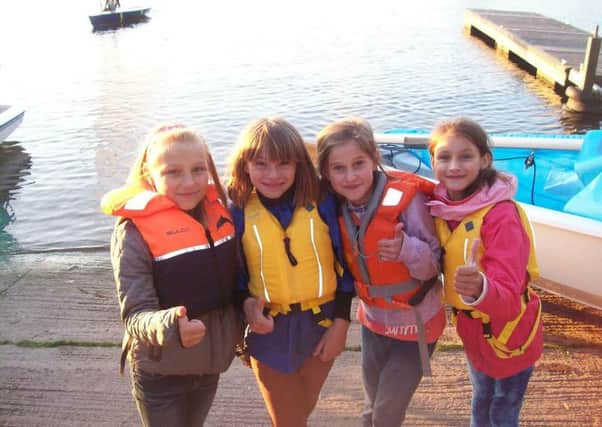

Thirty years on after an explosion at the Chernobyl Nuclear Power Plant in Ukraine, which caused widespread contamination and is blamed for thousands of deaths and illnesses, towns and villages close to the damaged reactor are still suffering.
Radiation levels remain high, the health of local residents has been affected and huge numbers live in poverty.
Advertisement
Hide AdAdvertisement
Hide Ad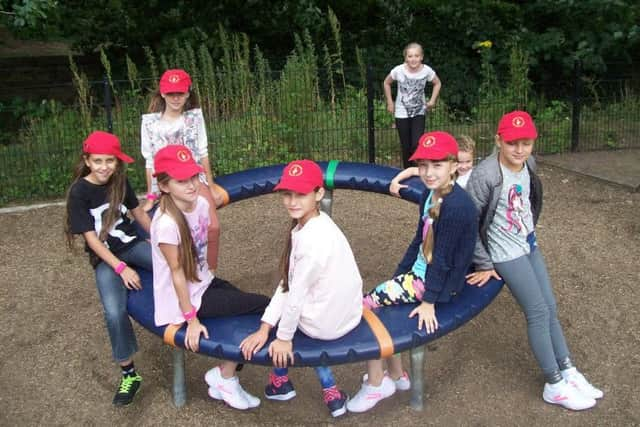

The Chernobyl Children’s Lifeline charity offers children from polluted areas the chance to spend four weeks in Britain to breathe clean air and eat uncontaminated food in a bid to boost their immune systems.
The youngsters are also taken on day trips as part of the break and get free dental and eye tests.
So far six Sheffield families have volunteered to care for a child for four weeks from July 16, with the Sheffield branch of Chernobyl Children’s Lifeline eager to bring more youngsters to the city.
Ben Dean and his wife Sue, from Richmond, have welcomed seven children into their home over the years and are preparing to take part this summer.
Advertisement
Hide AdAdvertisement
Hide Ad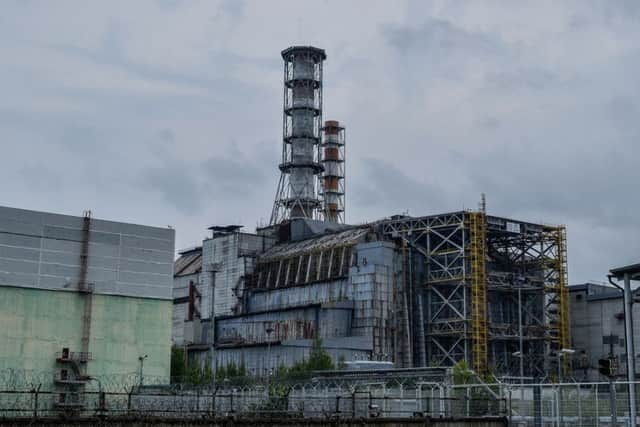

Ben, aged 39, said: “We have host families for six children but I have reserved another four seats on the plane if we can get families for those extra children, but there are more who would love to come.
“We always find it a really rewarding experience because the children are gaining the health benefits of breathing in clean air and they get to enjoy a holiday and to experience new things.
“You feel like you are giving something back and making a difference.”
Teacher Elaine Taff, 53, from Woodhouse, is to host a child for the second year running.
Advertisement
Hide AdAdvertisement
Hide Ad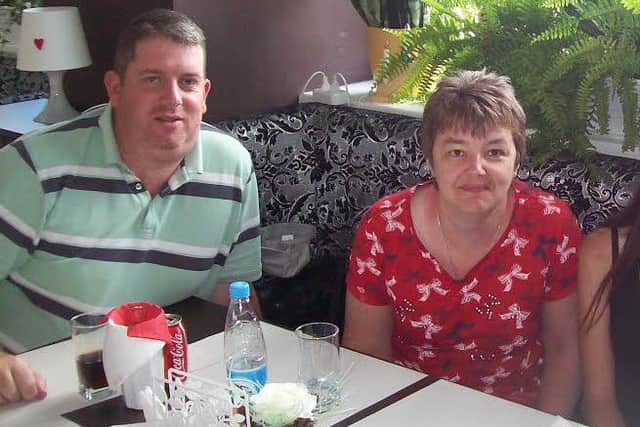

The mum-of-three said: “Last year we had a 10-year-old girl staying with us and we found it a really positive experience.
“With our children all grown up it was lovely to have a child in the house again and to share so many new experiences with her.
“Despite her age and the language barrier she coped really well - she could speak some English and we learned some Russian words. We also found an online translation site really helpful and even found some Russian cartoons on You Tube to help her feel at home.
“It is rewarding to be involved with something where you feel like you are making a little bit of a difference to somebody’s life which will hopefully have long lasting effects.
Advertisement
Hide AdAdvertisement
Hide Ad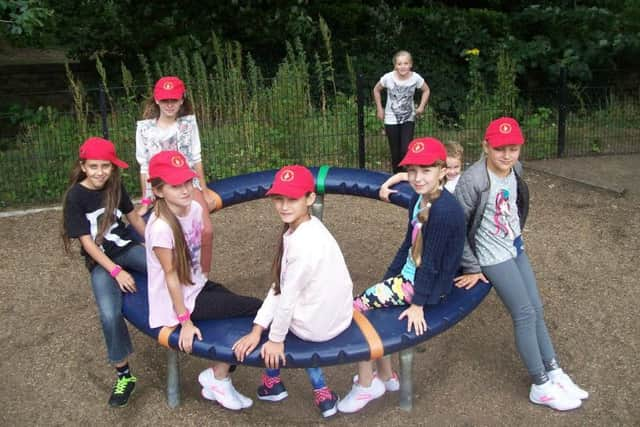

“Once you say goodbye at the end of the trip you don’t lose touch - we have spoken on Skype and we have sent Christmas and birthday presents.”
Lisa Parkes, the home stay family coordinator for Chernobyl Children’s Lifeline in Sheffield, said: “This charity brings over a group of children from Belarus every year. Belarus is an area that many residents of Chernobyl were moved to and who are still suffering the after effects of the nuclear explosion.
“We raise money all year round and the children are able to have dental and sight treatment over here as well as having a break from their normal lives.
We desperately need more families who can host a child for two or four weeks.
Advertisement
Hide AdAdvertisement
Hide Ad“On April 26, 1986, at the Chernobyl nuclear plant a routine safety test on an atomic reactor resulted in the reactor exploding, blasting eight tonnes of highly radioactive fuel into the sky.
“High levels of radioactive pollution were spread across Ukraine and much of nearby Belarus, which took 70 per cent of the fallout from the power plant. One fifth of the country’s agricultural land was contaminated.
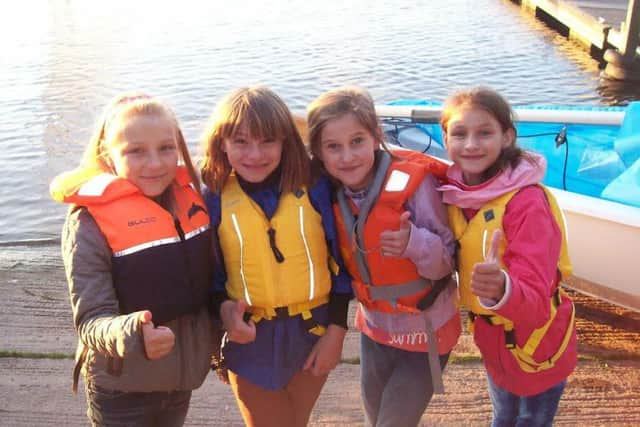

“Many Belarusian children still live in difficult circumstances. There is a high rate of poverty, high unemployment and low salaries as well as continued anxiety regarding the after-effects of the radioactive explosion.
“Every year the Sheffield Link of the Chernobyl Children’s Life Line Charity brings a group of Belarusian children to Sheffield to give them a break from the ongoing effects of the nuclear disaster.
Advertisement
Hide AdAdvertisement
Hide Ad“I started hosting three summers ago and the positive change you see in the children is amazing.
“Host families are fundamental to the children’s visit, without more hosts we can only provide a very small group of children with this once in a lifetime opportunity.”
Anyone interested in hosting a child, helping out with supervising the children on day trips, donating clothing, shoes and suitcases or offering free activities should call Ben on 07800 764 878.
CHERNOBYL DISASTER
On April 26, 1986, a power surge led to an explosion in a reactor at the Chernobyl Nuclear Power Plant and caused a fire which released huge amounts of radioactive material into the environment.
Advertisement
Hide AdAdvertisement
Hide AdAround 30 lives were lost in the first three months of the disaster, but many more are believed to be linked to the contamination which affected Ukraine and neighbouring Belarus.
After the fire an 18-mile exclusion zone was set up and hundreds of thousands of people were later evacuated from surrounding areas.
Radiation from the nuclear reactor fire spewed out for 10 days.
Contamination was detected in Scandinavia, the UK and US.